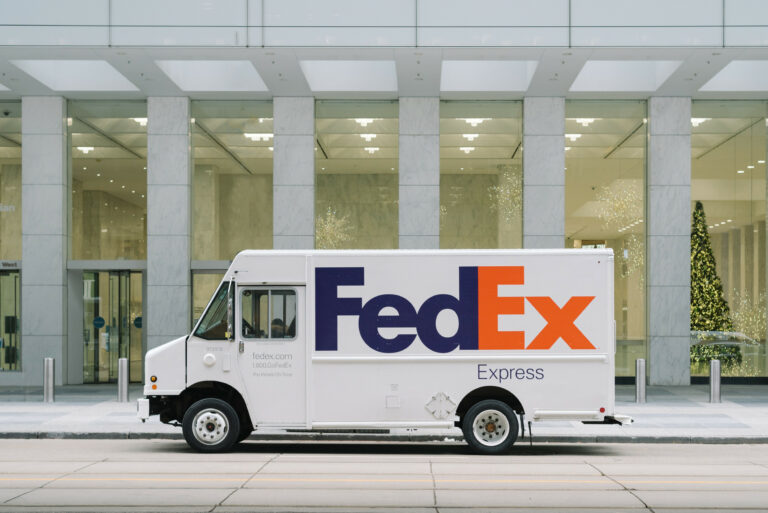According to data released during the seventh edition of Netcomm Focus Logistics & Packaging entitled “The New Sustainable Logistics & Packaging for E-commerce and New Retail”.
It is e-commerce logistics that is “the spearhead of the sector: it is fast, modern, technologically advanced and, once developed, can also be exploited in a multichannel perspective, with enormous advantages and efficiencies. It is therefore an element of modernisation and deep digital transformation not only for its own sector, but for all commercial activities,” in the words of Roberto Liscia, President of Netcomm.
A further push toward the sustainability of the entire sector comes not only from the new European directives that have recently come into force, such as the regulation on packaging labelling for disposal purposes, but also from the growing attention of consumers to packaging.
And it is precisely the end customer that is one of the two focus areas of Netcomm’s unprecedented “Delivery Index” project, which, in collaboration with participating industry players, will survey Italian e-commerce shipments monthly and analyse the behaviour of a sample of online consumers. “Thanks to ‘Delivery Index’ we will be able to provide an even more complete picture of the shipping industry and customers’ perception of delivery service,” says Roberto Liscia, president of Netcomm.
In short, good logistics enables better customer service and, as a result, contributes to the sustainable transformation of commerce activities. Therefore, the time has come for companies to stop neglecting this factor, which is starting to weigh more and more on their profitability.
But let’s see in detail what are the main topics discussed during the Netcomm Focus Logistics & Packaging 2023.
Drop-shipping and off-shored products
Selling products without actually owning them. Technological evolution and the flexibility of new logistics models have paved the way for the phenomenon of so-called drop-shipping, a business model that allows products to be sold online without physically owning them. This means that when a customer makes an online purchase from a drop-shipping merchant, the order is forwarded to the supplier and he or she is responsible for storing, shipping, and delivering the product. In this way, the merchant can expand his catalog without worrying about all the after-sales aspects.
Another highlight is that of product offshoring, i.e., managing virtual warehouses of off-shored products in stores, thus being able to deliver from the store closest to the customer, who benefits from faster shipping.
Consumer-centric logistics revolution
Desire calls, the object of desire responds – now! In an increasingly technologised society, consumers are accustomed to having immediate access to all the information they want, including information about the product. And there is no time for waiting. The product must be able to be accessed quickly, and arrive at its destination in the shortest possible time. Because that is how the customer is used to it. This is precisely why it is necessary to refine and diversify the models of delivery to the customer, both in terms of mode, timing and personalisation of service.
Again from a consumer-centric perspective, it is also possible to interpret the new European regulation on packaging labelling for disposal and recycling purposes, designed precisely to encourage more ethical behaviour among consumers. A regulation that lobbies in favour of more sustainable logistics than ever before, but one that entails some changes in the management of current inventories, as well as the possible use of new packaging that meets the necessary requirements.
New logistics players
Market you go, player you find: we could reinterpret the famous saying this way. In the pre e-commerce market, the seller could only turn to traditional players, such as couriers or carriers, brokers or warehouse operators. In today’s market, however, where shipping volumes are constantly increasing, a great many operators have recently entered with new business models, expanding the role of delivery brokers. New warehouse operators specialising in e-commerce, large retailers and marketplaces becoming logistics operators, as well as new forms of intermediation for smaller entities. Thus, both options and intermediaries, delivery platforms and vehicles are multiplying. And “e-fulfillment providers” are also emerging, which manage to offer most of these aspects and services together, such as warehousing, delivery, customer service and management software.



